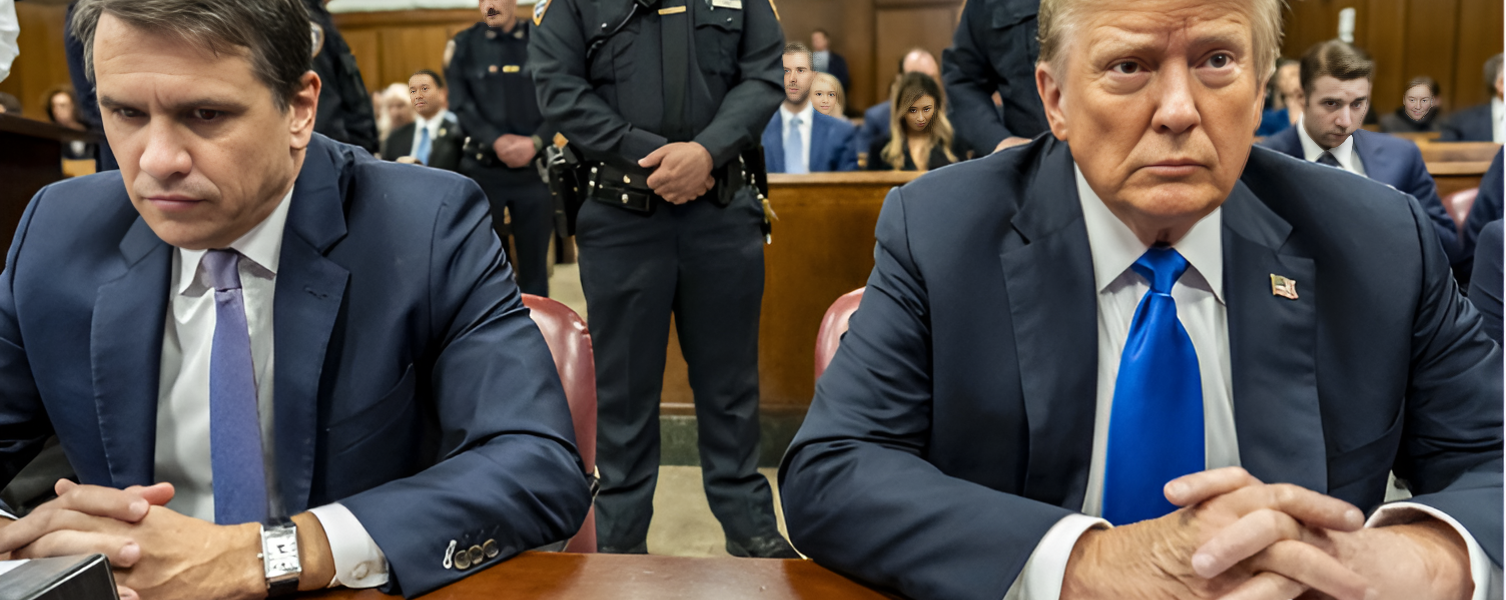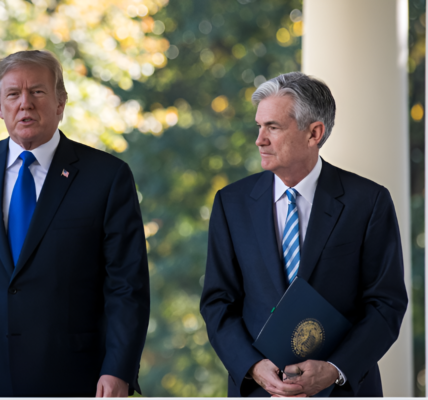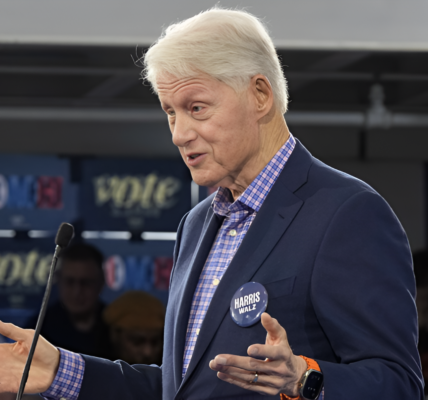
Donald Trump’s conviction in the hush-money case is a historical first, making him the first U.S. president to be convicted of a felony. While the verdict came swiftly after only two days of jury deliberations, the trial was far from straightforward. The legal complexities, coupled with key challenges and gaps in evidence, made it a case that Trump’s defense team could have won — or at least forced into a hung jury — had they made different strategic decisions.
Despite the prosecution’s voluminous evidence, including testimony from Michael Cohen, Trump’s former lawyer turned media personality, there were weaknesses that could have been exploited. Cohen, a central figure in the case, is a convicted felon with a questionable track record, yet his testimony tied Trump to the hush-money payments and falsified business records. Trump’s team could have argued that Cohen’s credibility was too compromised for the case to hinge on his testimony alone.
But Trump’s lawyers made a series of significant tactical errors, many of which seemed to reflect Trump’s own decision-making. Instead of focusing on the key issues, they diverted attention to peripheral matters. One glaring mistake was their defense of Stormy Daniels, the porn star at the center of the scandal. They denied her allegations, even though their own cross-examination failed to make a compelling case. By drawing out irrelevant witnesses, like Daniels’ lawyer, and spending too much time on inconsequential details, the defense missed opportunities to challenge Cohen’s narrative more effectively.
The cross-examination of Cohen was the critical moment in the trial. Trump’s lead attorney, Todd Blanche, tried to cast doubt on Cohen’s motives by highlighting his history of lying. Blanche made a solid point regarding Cohen’s false claims about a call with Trump’s bodyguard, but his delivery was uneven. His questioning of Cohen’s motive for recording private conversations with Trump lacked clarity, and he failed to capitalize on the contradictions in Cohen’s testimony.
Blanche’s closing argument, which should have been a final chance to win the case, ended up repeating many of the same mistakes. He spent too much time denying Daniels’ story — which was an argument they had already lost — and dwelled on trivial details, like who entered payment information into the Trump Organization’s records. A stronger closing would have honed in on the fact that Cohen was the linchpin of the prosecution’s case, despite his unreliability. The defense’s failure to make this clear likely sealed Trump’s fate.
Trump is expected to appeal, and there are legal angles he could explore, particularly around the complex intersection of state law and federal election law. However, given the pattern of missteps by Trump’s legal team in recent cases — including their failures in the tax fraud trial and civil suits — it’s unlikely the appeal will succeed without substantial reworking.
Trump’s legal path is also complicated by broader political realities. A potential appeal, which could involve lengthy delays, may depend on a sympathetic higher court. But Trump’s most direct route out of legal jeopardy remains regaining the presidency. If he wins the 2024 election, he could freeze these cases while in office, as his previous legal troubles have shown.
In the meantime, as the case moves through sentencing and appeals, the question of the legitimacy of this prosecution will continue to be hotly debated. The coming months will offer a clearer picture of whether Trump’s legal troubles will significantly impact his political future or if his legal strategy will help him once again escape unscathed.





